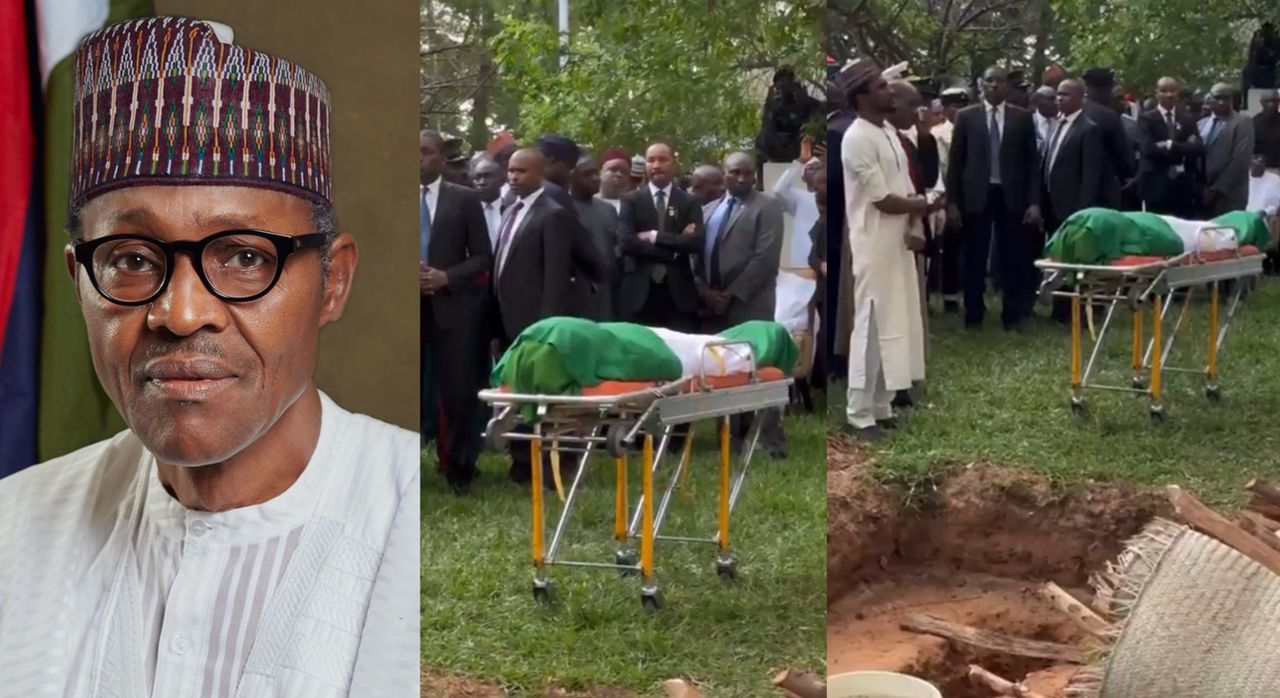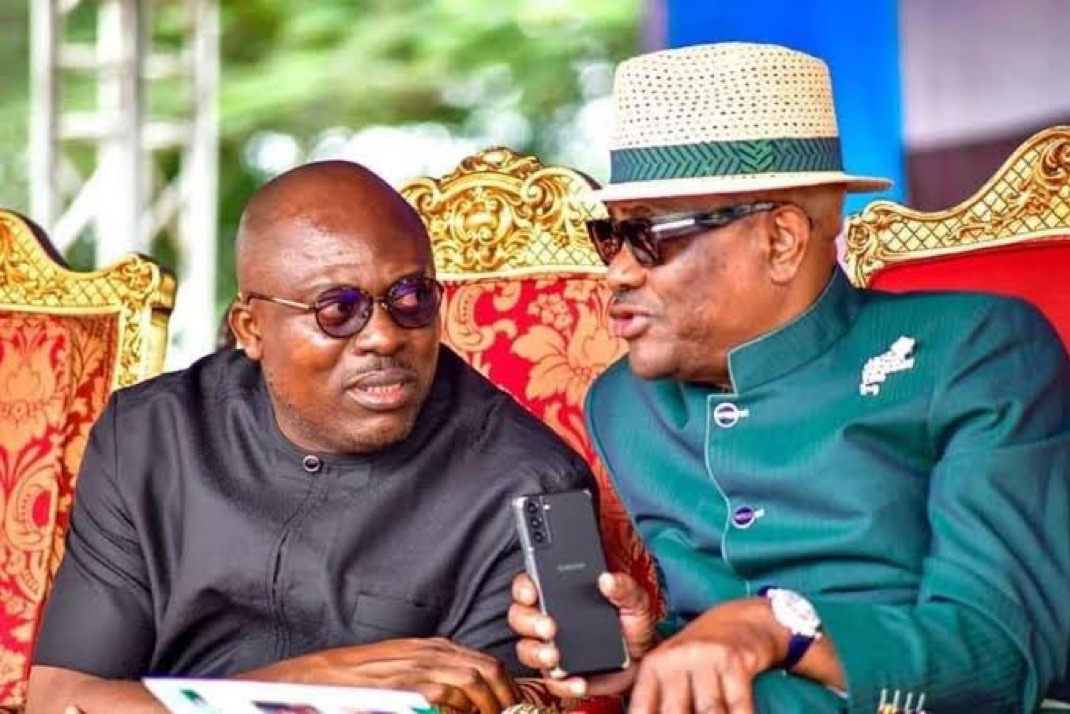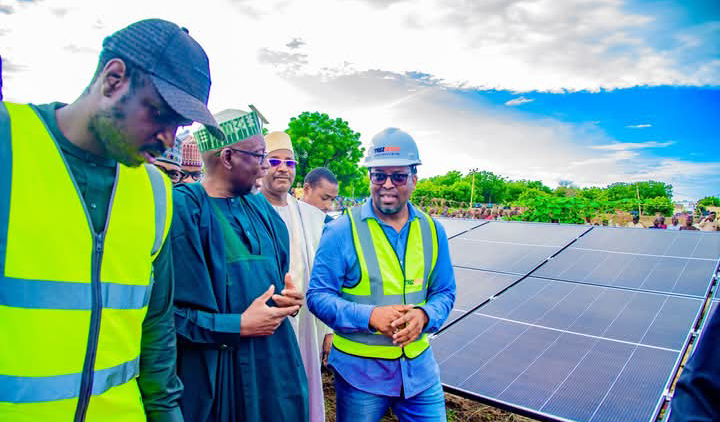
Final Journey to Daura: Former President Muhammadu Buhari Laid to Rest Amid Tears, Tributes, and Tight Security

In a solemn ceremony marked by heavy emotions, tight security, and tributes from dignitaries across the country and beyond, Nigeria’s former President Muhammadu Buhari was laid to rest in his hometown of Daura, Katsina State, on Monday, July 15, 2025. The former military ruler turned democratically elected president, who served two consecutive terms from 2015 to 2023, passed away in London last week after a prolonged illness, bringing an end to an era defined by bold policy shifts, tough anti-corruption battles, and mixed legacies.
The body of the late president arrived in Nigeria aboard a private chartered plane from the United Kingdom in the early hours of Monday. A military guard of honor received the casket draped in the Nigerian flag at the Umaru Musa Yar’Adua International Airport in Katsina, as state governors, ministers, military chiefs, and political allies gathered solemnly to pay their last respects. From the airport, a tightly secured convoy transported the body to Daura, a quiet town now flooded with mourners, military personnel, and curious onlookers hoping to witness a historic moment in the nation's political landscape.
President Bola Ahmed Tinubu, who succeeded Buhari, led the federal delegation to the burial, which took place according to Islamic rites. Tinubu, who had earlier described Buhari as a “patriotic leader with unwavering belief in Nigeria’s unity,” stood by the graveside alongside Buhari’s wife, Aisha Buhari, and close family members as the final prayers were recited. The burial took place at the Daura family cemetery, beside his late mother’s grave, in accordance with his personal wish to be laid to rest in his ancestral home.
The entire town of Daura came to a standstill. Schools were closed. Markets were shuttered. Roads were barricaded. Residents gathered along the routes leading to the cemetery, holding up placards bearing messages like “Rest in peace Baba Buhari,” “You tried your best,” and “Nigeria will not forget.” Chants of prayer could be heard as the casket was lowered into the ground. Tears flowed freely from supporters and loyalists, many of whom had followed his political career from his days as military head of state in 1983 to his triumphant return in 2015 after three failed presidential bids.
Notable among the attendees was former Vice President Yemi Osinbajo, who maintained a somber expression throughout the proceedings. Also present were Senate President Godswill Akpabio, APC National Chairman Abdullahi Ganduje, and a host of northern emirs who formed a large traditional delegation. International dignitaries also sent in their condolences, including a message from King Charles III of the United Kingdom and the United Nations Secretary-General, António Guterres, who praised Buhari’s efforts in championing peace in West Africa and his pivotal role in ECOWAS.
Security across Katsina State was heightened, with over 2,000 security personnel deployed to Daura and surrounding towns. Snipers, armored trucks, and surveillance drones ensured that the burial went smoothly without incident. Authorities were not taking chances, considering the former president’s long-standing battles against terrorism and insurgency, particularly Boko Haram, whose brutal reign he worked tirelessly to suppress during his time in office.
Buhari’s death has evoked mixed reactions across the country. While many from the North remembered him as a man of integrity who prioritized national interest over personal gain, critics from the South and East remained vocal about what they described as “unaddressed wounds” from his administration. Issues like the End SARS protests, handling of secessionist agitations, and growing ethnic tensions remain a blemish on his political portrait. However, his admirers argue that his infrastructural strides, agricultural reforms, and social welfare schemes like N-Power and the TraderMoni program changed lives across Nigeria’s grassroots communities.
In a tribute during the burial, Aisha Buhari described her late husband as a man of “unshakable discipline, profound humility, and unbending loyalty to the country he served.” Her words, though brief, brought many in the crowd to tears. Their children, clad in black, stood close together, some holding Qur’ans while others silently mourned. Family sources confirmed that Buhari, even in his final days, requested a quiet burial without much fanfare or public ceremony. Yet, the outpouring of national emotion made such simplicity nearly impossible.
Media outlets across Nigeria broadcast the burial live, with stations halting regular programming to air tributes and documentaries chronicling the life and times of the former president. Social media was flooded with messages under trending hashtags like #BuhariLaidToRest and #FarewellBaba. Tributes poured in from opposition figures as well. Former President Goodluck Jonathan wrote, “Despite our political differences, I acknowledge the passion with which President Buhari pursued his vision for Nigeria. May his soul find eternal rest.”
As the sun set over Daura, and crowds slowly dispersed, a sense of finality hung heavy in the air. The man who once ruled with iron discipline during Nigeria’s military era, and later returned to govern as a civilian, now lay quietly in the earth of his birthplace. Love him or loathe him, Muhammadu Buhari's imprint on Nigeria’s political history is undeniable. His journey from the barracks of Kaduna to the corridors of Aso Rock, and finally to the dust of Daura, reflects the arc of a life that was anything but ordinary.
Even in death, Buhari remains a symbol of the paradox that is Nigeria — a country striving for unity amidst diversity, reform amidst resistance, and hope amidst hardship. As the nation begins the process of mourning, reflecting, and ultimately moving forward, the echoes of his era will continue to resonate across generations. His grave in Daura may now lie silent, but the debates, the decisions, and the destiny he helped shape will continue to stir the soul of Africa’s most populous nation for years to come.


